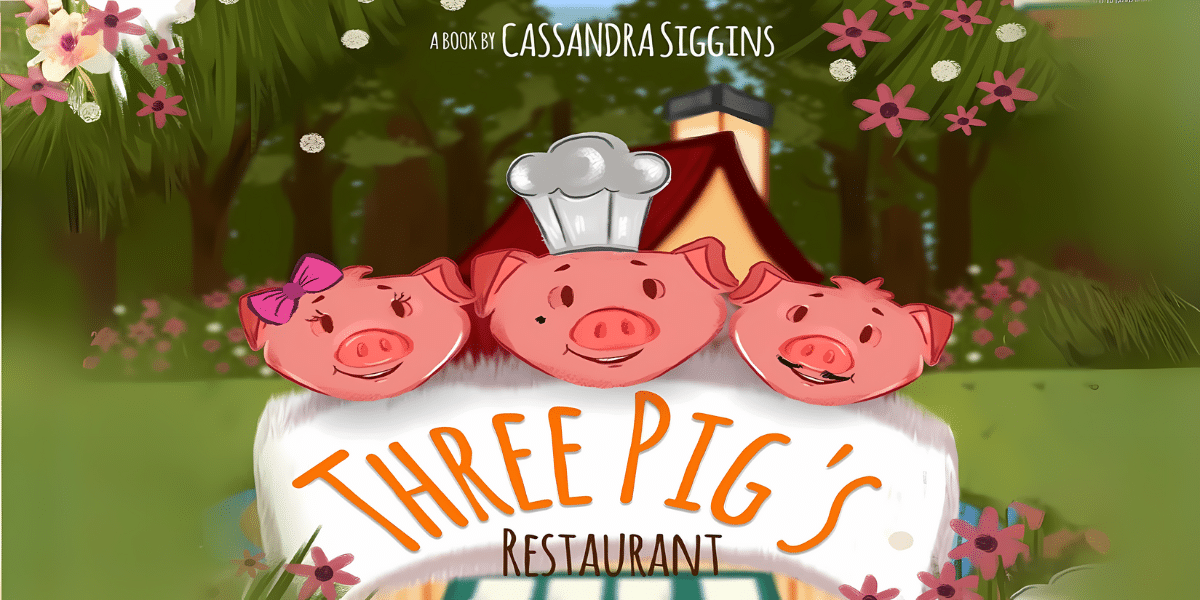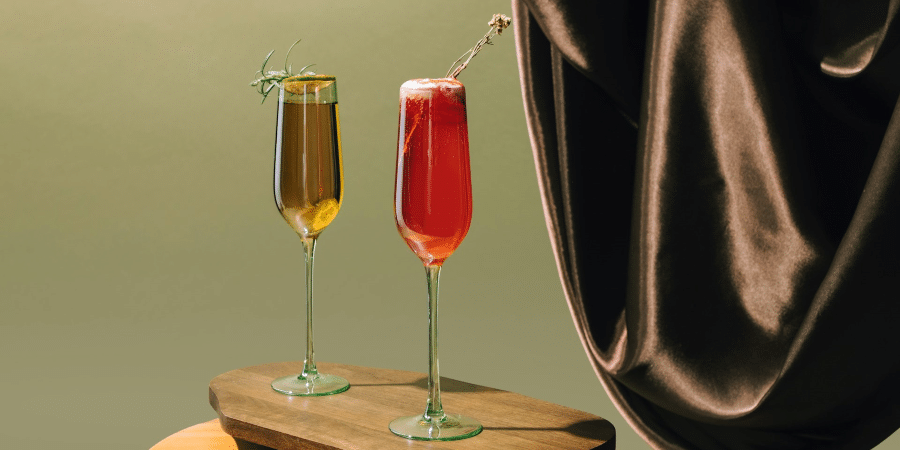Two in three couples had to postpone their wedding due to Covid-19 in 2020, but regardless of the pandemic, 36% of couples went ahead with their plan to tie the knot. From new traditions, including smaller, more intimate ceremonies, to bolder dress and ring styles, there’s no doubt that the wedding industry has transformed in recent years. From the most popular trends of today to what this means for professionals in the industry, here’s what you need to know.
Weddings of today — and their unique challenges
With vaccinations becoming more and more mainstream, many eager couples who postponed their big day in 2020 are ready to get back to normal — or at least in some capacity — when it comes to their big day. However, today’s brides still face additional, unique challenges as a consequence of the pandemic, particularly if they’re going forward with a larger ceremony and the possibility of not all of the guests in attendance having gotten the vaccine. Returning to a large guest list can, therefore, seem daunting, making smaller, more intimate ceremonies a popular choice.
However, it’s also important to realize that for the industry, professionals now must navigate a unique set of challenges of their own, with planners having to handle and manage a number of postponements from 2020, new clients, as well as those who must postpone or cancel this year due to the lingering effects of the pandemic — not to mention overbooked venues. Additionally, with such a high demand for ceremonies this year, ensuring that reliable staff are in place may also present a challenge. In fact, Jamie Chang, owner and destination wedding planner of Mango Muse Events in Los Altos, California, notes that “The demand greatly outweighs the supply and this is resulting in the importance of alternative options and couples needing to be flexible,” highlighting just how extensive the issue is.
Fresh, modern looks
Aside from pandemic-induced trends within the industry, new traditions surrounding rings and dresses have emerged, with modern styles overtaking timeless classics. For example, contemporary ring styles offer something uniquely different from the traditional classic band for men, with matte finishes, dark metals like tungsten, and even mixed metals and colors for a modern and fresh spin on old traditions. A more unique approach can be seen when it comes to dresses as well, with today’s brides choosing bold prints and patterns to brighten up the day. Puffed sleeves are also making a comeback, and offer a romantic look, in addition to giving the body a postural presence.
The popularization of simpler, smaller ceremonies
A number of new wedding trends have been brought to light over a small period of time, thus changing the definition of what it means to get married altogether, and altering the wedding experience entirely. One major trend is the concept of having a “micro wedding”, or having a ceremony with a very small number of guests in attendance. Elopements and simple civil union city hall ceremonies have also become a lot more commonplace, making for a much more special and intimate celebration for the couple.
Generally staying closer to home is another major trend that’s taken over the wedding industry, with many people foregoing travel and lavish destination weddings in exchange for exploring their own backyards. Other wedding trends like streaming the ceremony via platforms like Zoom also present a unique solution for those who would like to go ahead with their plans to have a smaller physical guest list. This offers great benefits in terms of cutting out travel costs while ensuring loved ones can still witness the special day.
In addition to smaller ceremonies, practices that were once considered to be staples at weddings are now plummeting in popularity, particularly in regards to those that pose health safety concerns, like self-serve buffets involving shared utensils. Amy McCord Jones, wedding planner and florist, notes that “The wedding industry has undergone big changes in the past 10 years, and over the top weddings may not be the norm for much longer.” She goes on to add, “I believe couples in 2021 will take a more simplified approach to their weddings.” From simple cake and champagne ceremonies instead of full dinners to a smaller guest list, there are a number of ways that couples may choose to celebrate without breaking the bank.
A promising future?
The definition of getting married has changed significantly, with couples spending less time engaged before getting married in 2021 than they did in 2019, according to one Zola survey. This, coupled with the consequences of the pandemic and consequent 2021 “wedding boom” bring to light a particularly busy year. The Liberty Hotel in Boston is just one example of this, as October is expected to be their busiest month of the year, with a wedding booked for every day of every weekend, and many of those weddings with more than 100 guests in attendance. However, while being busy is generally considered to be good for business, there are challenges in terms of staffing due to 2020’s layoffs, which puts an immense amount of pressure on professionals.
While couples who had to postpone their wedding in 2020 are eager to tie the knot this year, there are a number of challenges that have redefined the way we get married today. From challenges such as maintaining health safety to the difficulties that professionals within the industry now must face, there’s no question of the need for a restored balance.







